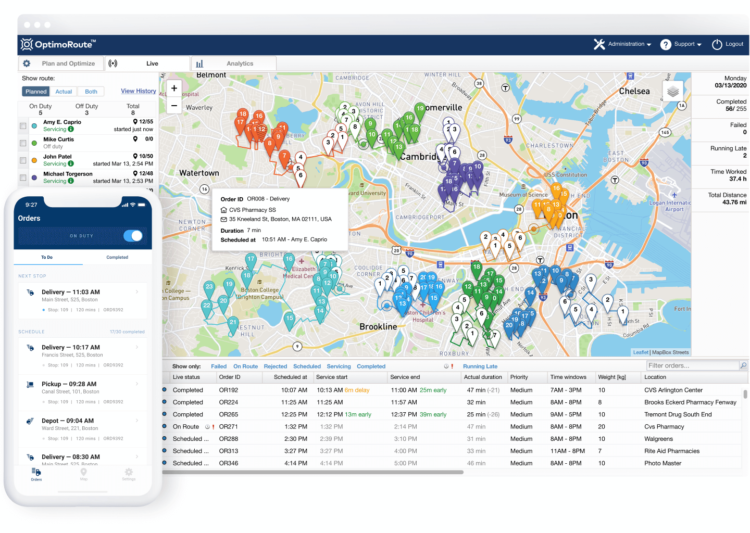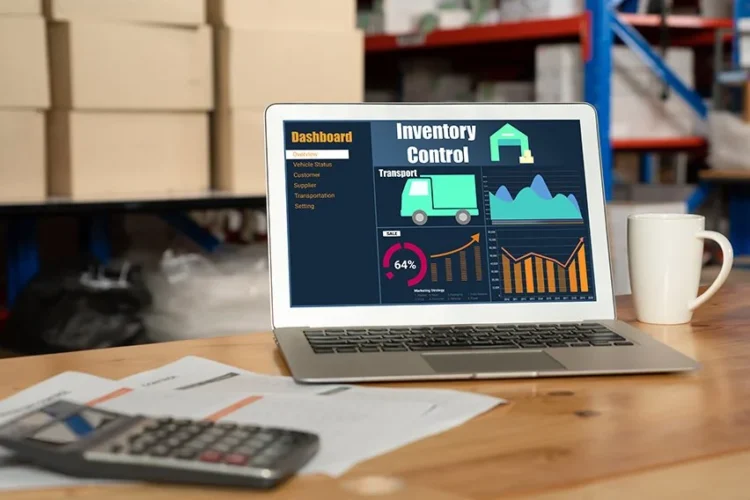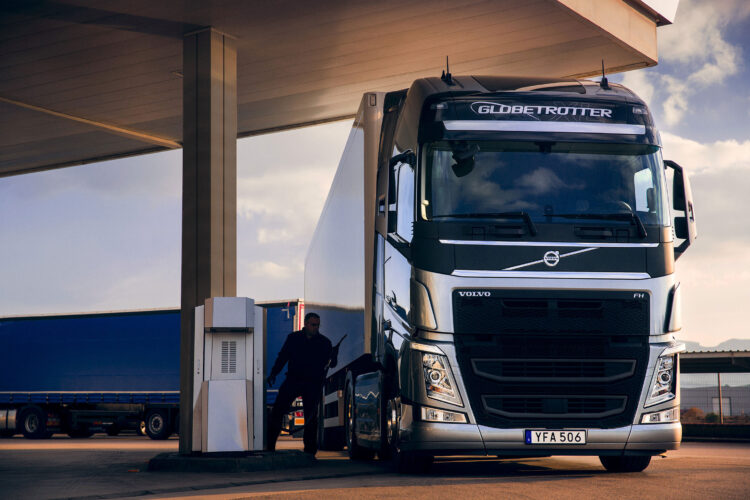In today’s fast-paced world, where efficiency is paramount, the trucking industry plays a crucial role in keeping the wheels of commerce turning. Freight companies, however, face a myriad of challenges in their operations that can impede their ability to deliver goods promptly and cost-effectively. This is where trucking software emerges as a game-changer, revolutionizing the way businesses manage their fleets, routes, and operations.
Key challenges faced by freight companies in operations
The road to success in the freight industry is often laden with challenges. From optimizing routes in the face of unpredictable traffic conditions to managing a fleet of vehicles spread across vast geographies, these complexities can lead to inefficiencies, delayed deliveries, and increased costs. Furthermore, the lack of real-time visibility into fleet movements and a disjointed communication system with customers can erode trust and hinder growth.
Automation benefits: optimizing route planning and load scheduling

Enter trucking software – a sophisticated solution that harnesses automation to tackle these challenges head-on. With advanced algorithms and data analytics, these platforms optimize route planning by considering factors like traffic patterns, weather conditions, and delivery windows. Load scheduling becomes a breeze, ensuring that vehicles are maximally utilized while minimizing empty miles. This not only saves time and fuel but also reduces the carbon footprint of the fleet.
Real-time tracking advantages for fleet visibility and customer communication
Real-time tracking is a transformative aspect of trucking software, offering dual advantages for fleet management and customer communication. It provides unparalleled fleet visibility, allowing companies to monitor the exact location, speed, and status of vehicles at any given moment. This enables proactive decision-making, efficient rerouting to avoid bottlenecks, and timely response to unforeseen events.
Simultaneously, real-time tracking enhances customer communication by sharing accurate shipment information and estimated arrival times. Customers can plan their operations with confidence, while updates on delays or early arrivals foster transparency and trust. In essence, real-time tracking empowers freight businesses to optimize their operations internally while delivering a superior and more reliable service experience to their customers.
Inventory management through digital solutions and reduced manual errors

Effective inventory management is pivotal in the freight industry. Trucking software offers digital solutions that allow companies to monitor cargo levels, track shipments, and manage stock more efficiently. This not only reduces the risk of errors stemming from manual record-keeping but also provides insights into demand patterns, aiding better decision-making. By maintaining optimal inventory levels, companies can reduce carrying costs while ensuring timely deliveries.
Paperless transactions: Electronic documentation for streamlined processes
The shift towards paperless transactions facilitated by trucking software marks a monumental leap in operational efficiency. Electronic documentation eliminates the need for cumbersome paperwork, replacing it with digital processes that streamline operations. Invoices, bills of lading, and contracts can be generated, shared, and processed seamlessly, reducing administrative burdens and the risk of errors.
This digital transformation accelerates workflows, enabling faster approvals and payments. Furthermore, it contributes to sustainability efforts by reducing paper consumption and waste. Embracing paperless transactions not only modernizes freight businesses but also enhances accuracy, saves time, and aligns with environmentally conscious practices.
Maintenance tracking tools: Enhancing vehicle reliability and minimizing downtime with Trucking Software
Vehicle breakdowns can cripple operations, leading to delayed shipments and increased expenses. Trucking software often includes maintenance tracking tools that schedule routine maintenance, predict potential issues, and alert teams about necessary repairs. By adopting proactive maintenance measures, companies can extend the lifespan of their vehicles, minimize unplanned downtime, and ultimately improve operational reliability.
Data analytics usage for informed decision-making and performance assessment

Data analytics within trucking software empowers freight companies with invaluable insights for informed decision-making and performance assessment. By analyzing a wealth of operational data, businesses can identify trends, optimize routes, and enhance fuel efficiency. This data-driven approach enables better resource allocation and strategic planning, ultimately improving overall efficiency and customer satisfaction.
Moreover, performance assessment becomes more objective and comprehensive, allowing companies to gauge driver behavior, vehicle maintenance needs, and delivery times accurately. This information not only aids in setting benchmarks but also supports continuous improvement efforts. Harnessing data analytics transforms raw data into actionable intelligence, enabling freight businesses to stay ahead in a competitive industry while delivering a seamless and cost-effective service.
Integration with supply chain partners for seamless information flow
In the interconnected world of logistics, collaboration is paramount. Trucking software facilitates seamless integration with supply chain partners, allowing for the exchange of real-time information. This integration enhances visibility across the entire supply chain, from suppliers to customers, enabling better coordination, quicker issue resolution, and improved overall efficiency.
Cost-saving impact: Fuel efficiency, reduced labor, and minimized operational waste

One of the most compelling advantages of trucking software lies in its cost-saving potential. By optimizing routes and load schedules, companies can reduce fuel consumption and lower operational costs. Moreover, automation reduces the need for manual labor, freeing up resources for more value-added tasks. The precision offered by these digital solutions minimizes operational waste, contributing to a leaner and more profitable business model.
Future trends: AI, IoT, and sustainability shaping the trucking industry
As technology continues to evolve, the future of the trucking industry holds exciting prospects. Artificial Intelligence (AI) and the Internet of Things (IoT) are expected to play pivotal roles in enabling predictive analytics for maintenance, optimizing routes in real-time, and enhancing overall operational efficiency. Moreover, sustainability concerns are driving the adoption of greener practices, with electric trucks and alternative fuels becoming more prevalent.
Conclusion
The role of trucking software in streamlining freight business operations cannot be overstated. By addressing key challenges, automating critical processes, and harnessing the power of data, these digital solutions elevate the industry to new heights of efficiency and effectiveness.
From route optimization to real-time tracking, from paperless transactions to maintenance tracking, these tools empower freight companies to deliver exceptional service while minimizing costs and environmental impact. As the industry embraces AI, IoT, and sustainability, the road ahead for trucking looks promising, shaped by innovation and a commitment to enhancing the flow of goods across the globe.







